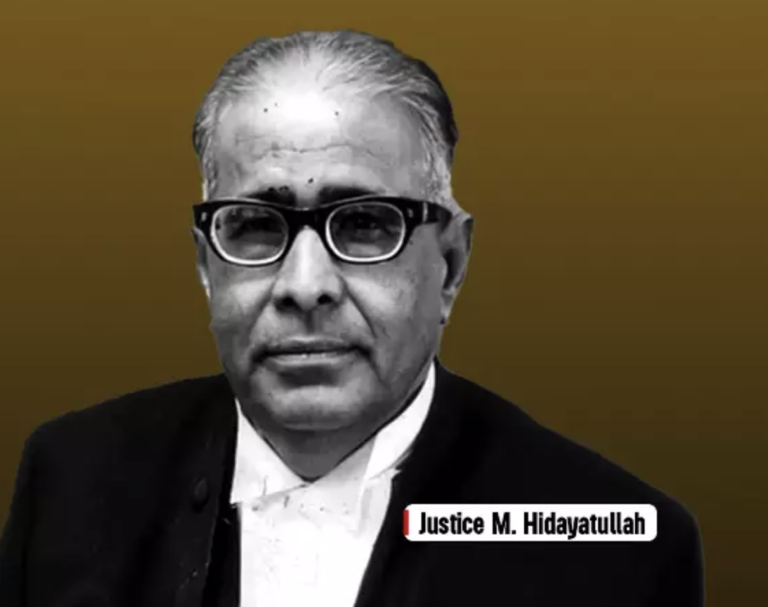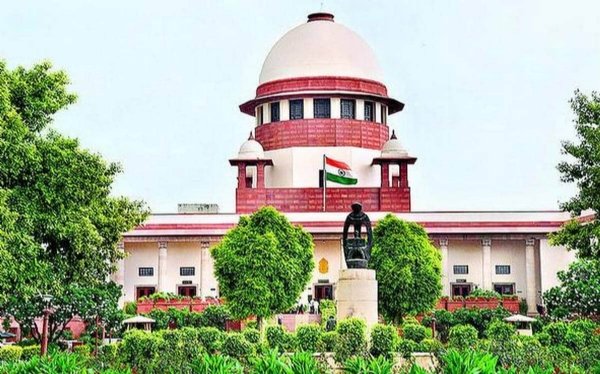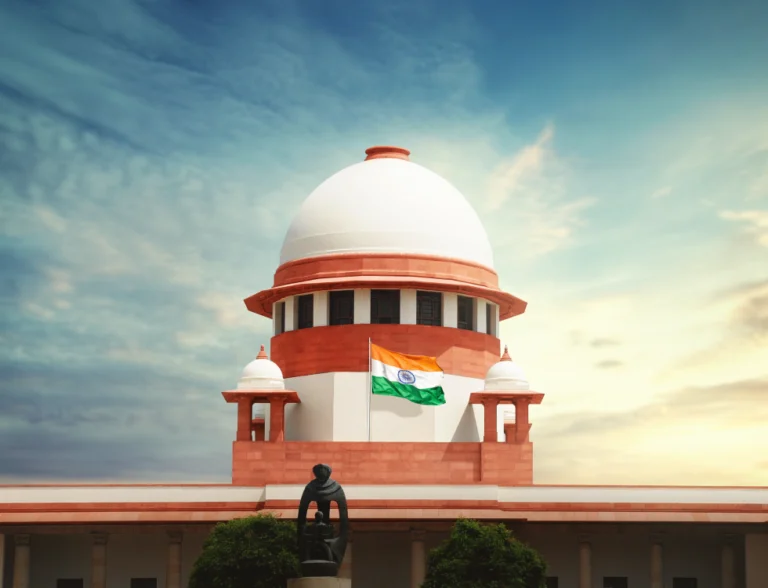Supreme Court overruled unlawful judgement which was given by Justice Ranjit More, sitting at Bombay High Court in 2016.

Bench of Justice (Retd.) Ranjit More in the case between Chhagan Chandrakant Bhujbal v. Union of India, 2016 SCC OnLine Bom 9938 had taken a view as under;
“196. Apart from that, even if the provisions are held to be not complied in strict sense, mere non-compliance thereof will not make the arrest of the Petitioner as wholly illegal, null and void, unless he shows that any prejudice was caused to him for non-compliance of the said safeguard in strict sense. No such prejudice is even whispered. It is pertinent to note that even at the time of his remand, he has not raised the grievance about it, showing any prejudice in his defence or in his representation in the applications for bail. He has pursued all his remedies and even the earlier Writ Petition, knowing fully well what the case of the Respondents is against him. Therefore, simpliciter “non-compliance of some safeguards in the provisions does not and cannot make arrest of the Petitioner as patently illegal, null and void, so as to invoke the extraordinary writ jurisdiction of this Court for issuance of Habeas Corpus.”
Abovesaid view is declared to be a bad law by the S.C in the case of Pankaj Bansal Vs. UOI 2023 SCC Online SC _ ( Judgment dated 03.10.2023) Where it is ruled as under ;-
“35. […] The decisions of the Delhi High Court in Moin Akhtar Qureshi (supra) and the Bombay High Court in Chhagan Chandrakant Bhujbal (supra), which hold to the contrary, do not lay down the correct law
“17. In the matter of Madhu Limaye and others3 was a 3-Judge Bench decision of this Court wherein it was observed that it would be necessary for the State to establish that, at the stage of remand, the Magistrate directed detention in jail custody after applying his mind to all relevant matters and if the arrest suffered on the ground of violation of Article 22(1) of the Constitution, the order of remand would not cure the constitutional infirmities attaching to such arrest
18. Viewed in this context, the remand order dated 15.06.2023 passed by the learned Vacation Judge/Additional Sessions Judge, Panchkula, reflects 3(1969) 1 SCC 292 17total failure on his part in discharging his duty as per the expected standard. The learned Judge did not even record a finding that he perused the grounds of arrest to ascertain whether the ED had recorded reasons to believe that the appellants were guilty of an offence under the Act of 2002 and that there was proper compliance with the mandate of Section 19 of the Act of 2002. He merely stated that, keeping in view the seriousness of the offences and the stage of the investigation, he was convinced that custodial interrogation of the accused persons was required in the present case and remanded them to the custody of the ED! The sentence – ‘It is further (sic) that all the necessary mandates of law have been complied with’ follows – ‘It is the case of the prosecution….’ and appears to be a continuation thereof, as indicated by the word ‘further’, and is not a recording by the learned Judge of his own satisfaction to that effect.
32.[…] Non-compliance in this regard would entail release of the arrested person straightaway, as held in V. Senthil Balaji (supra). Such a precarious situation is easily avoided and the consequence thereof can be obviated very simply by furnishing the written grounds of arrest, as recorded by the authorized officer in terms of Section 19(1) of the Act of 2002, to the arrested person under due acknowledgment, instead of leaving it to the debatable ipse dixit of the authorized officer.”



